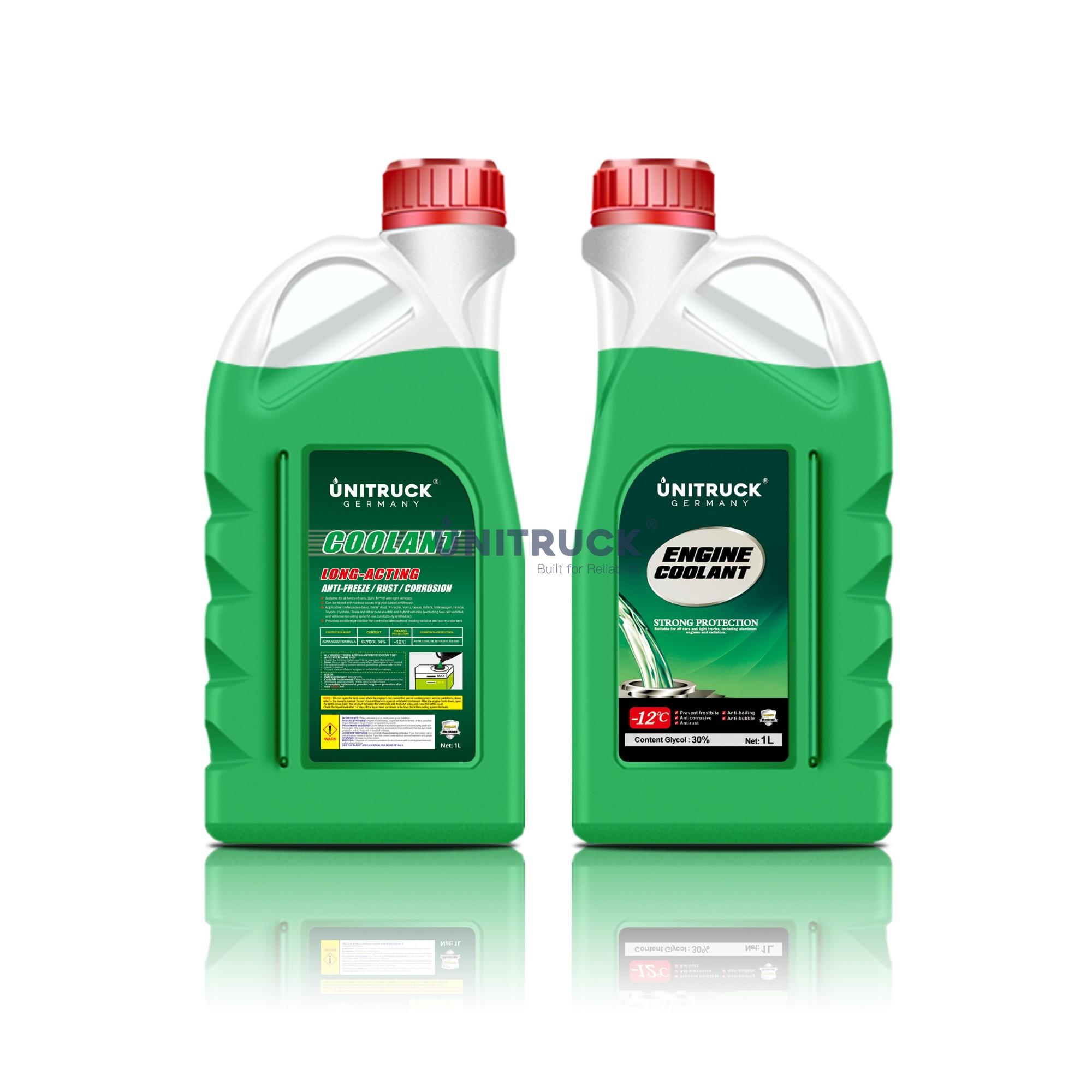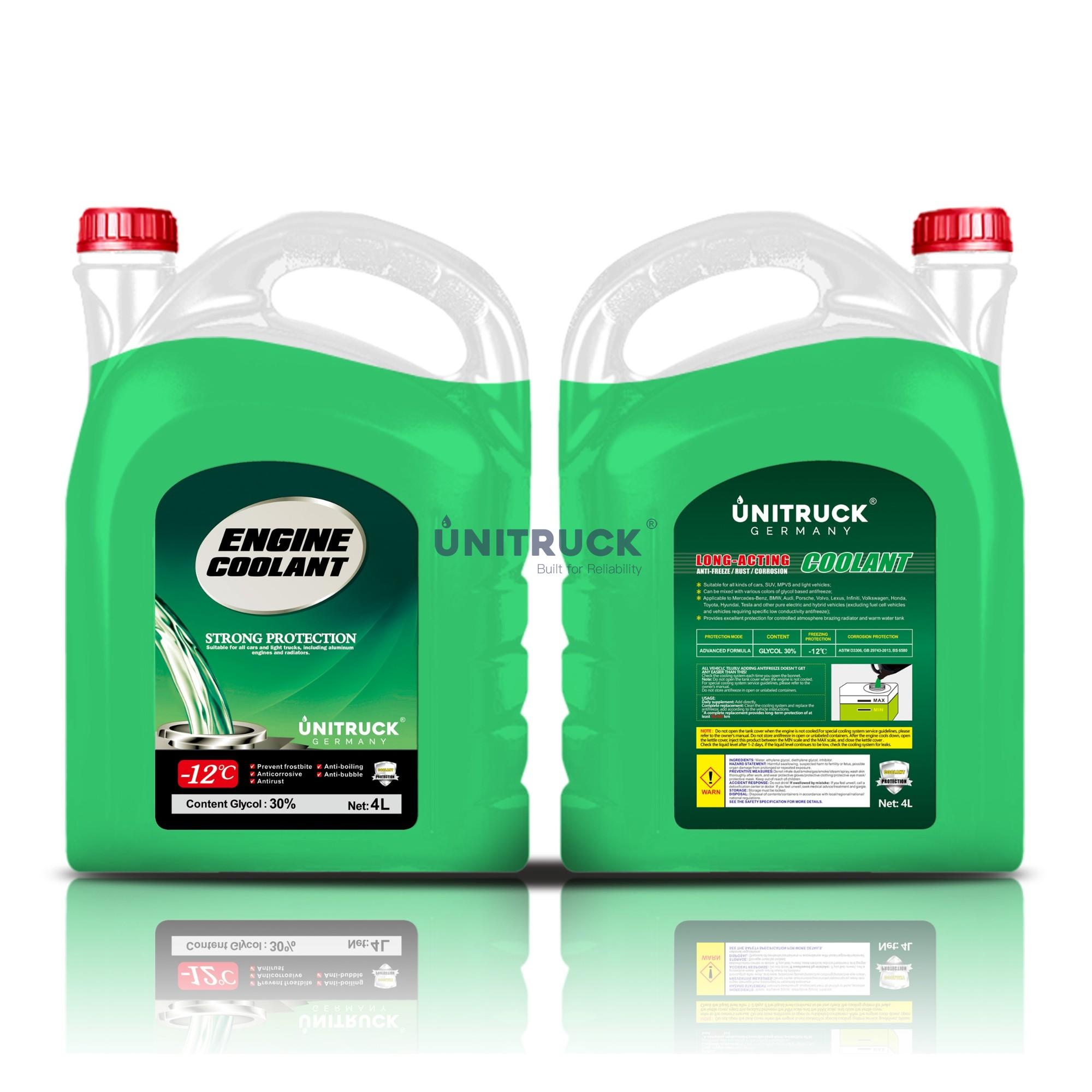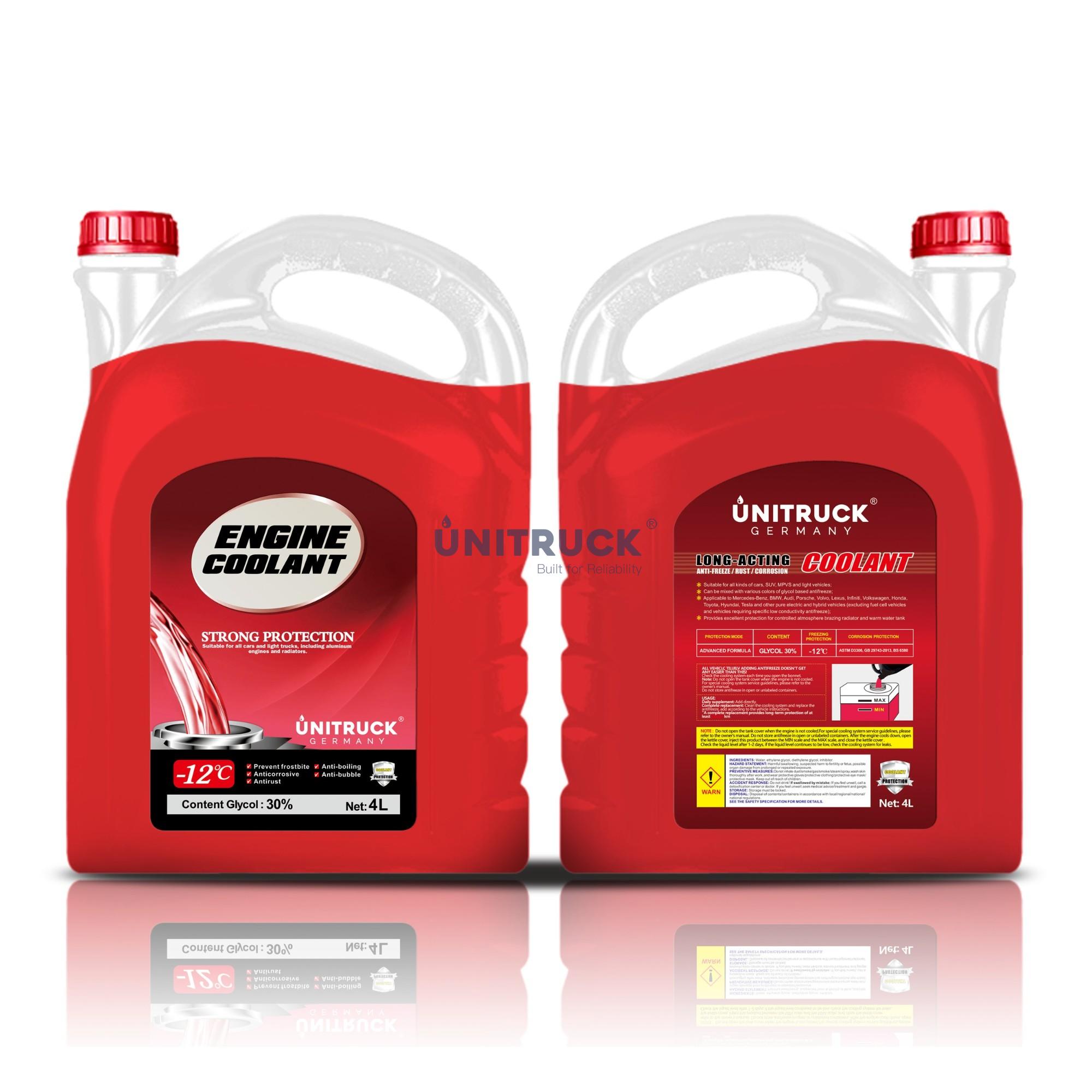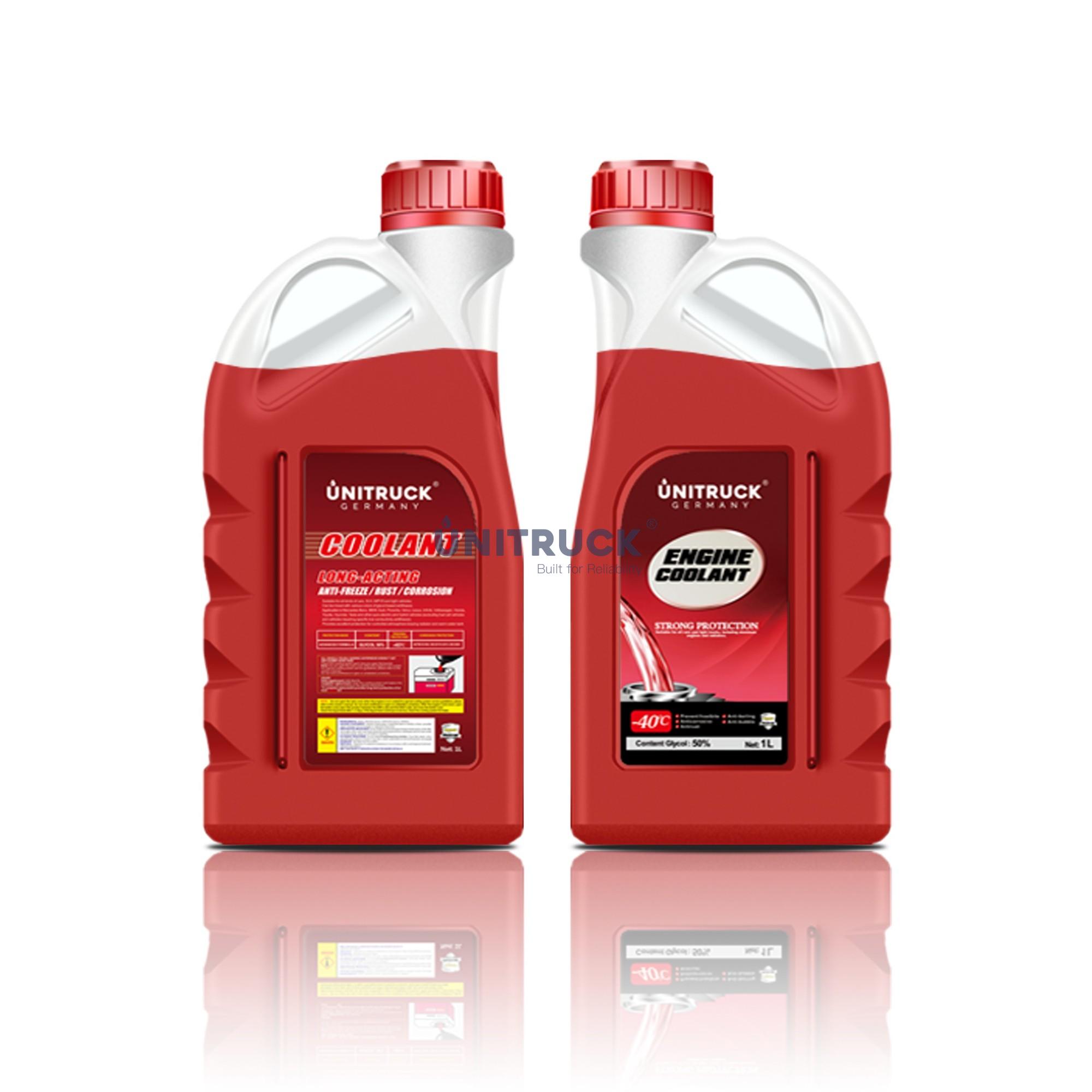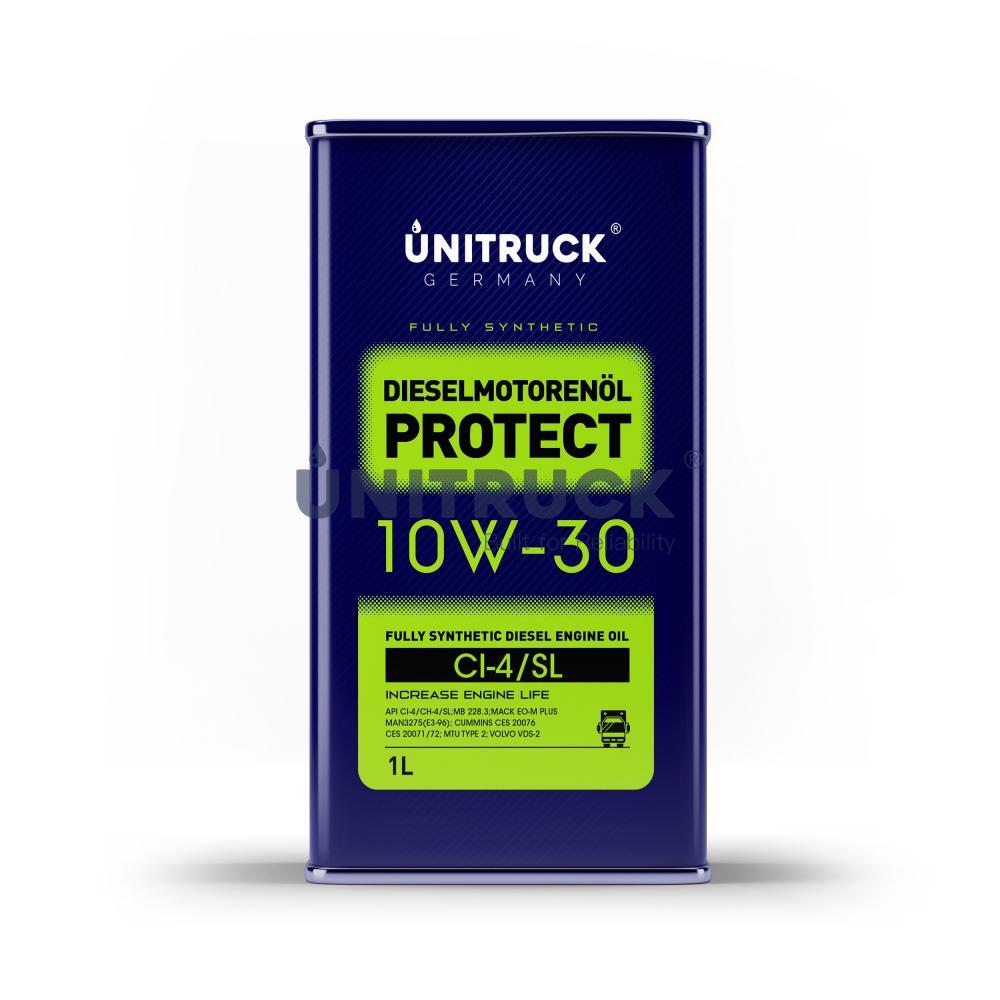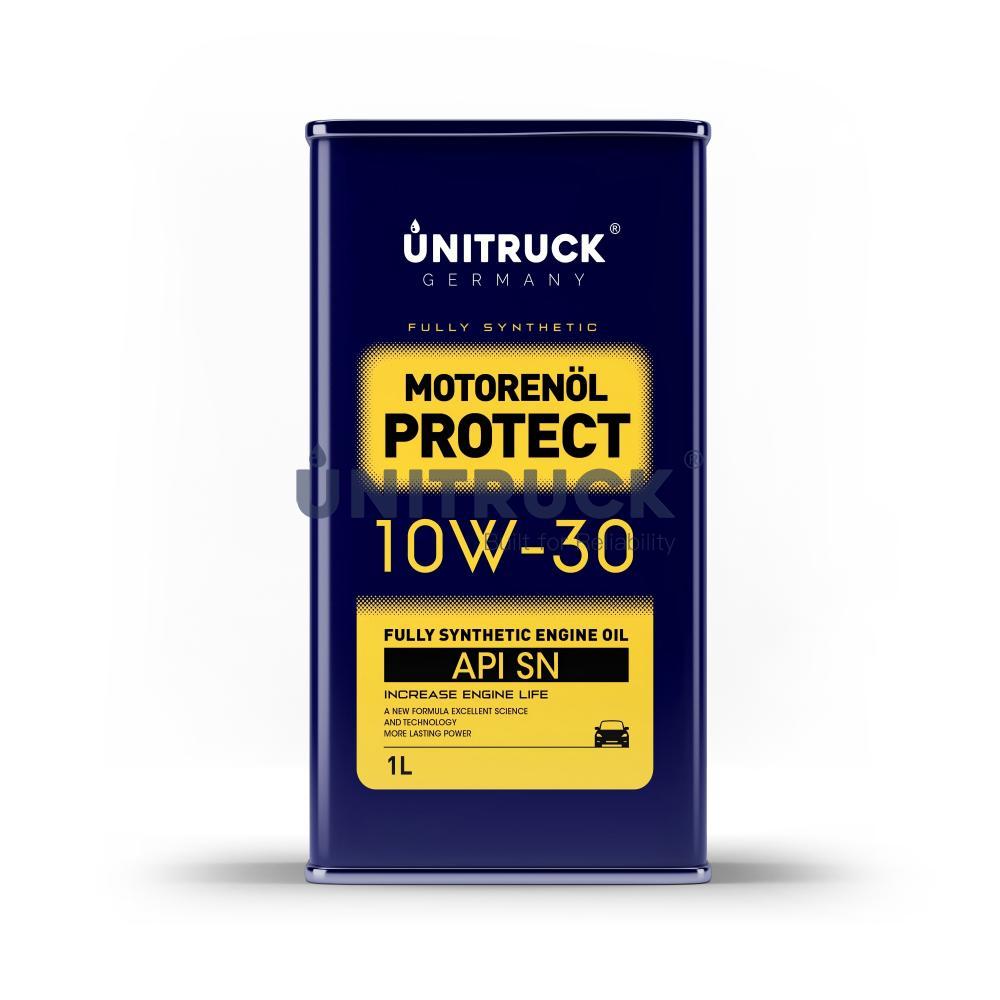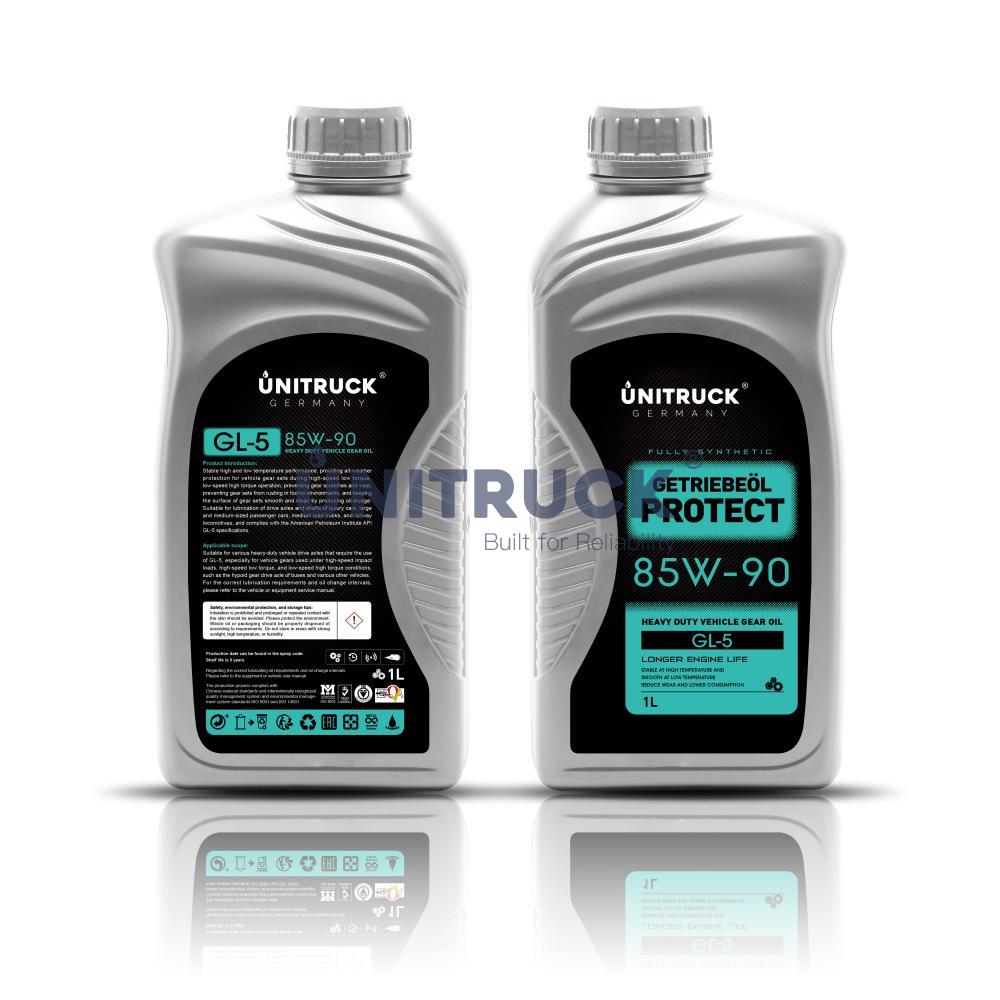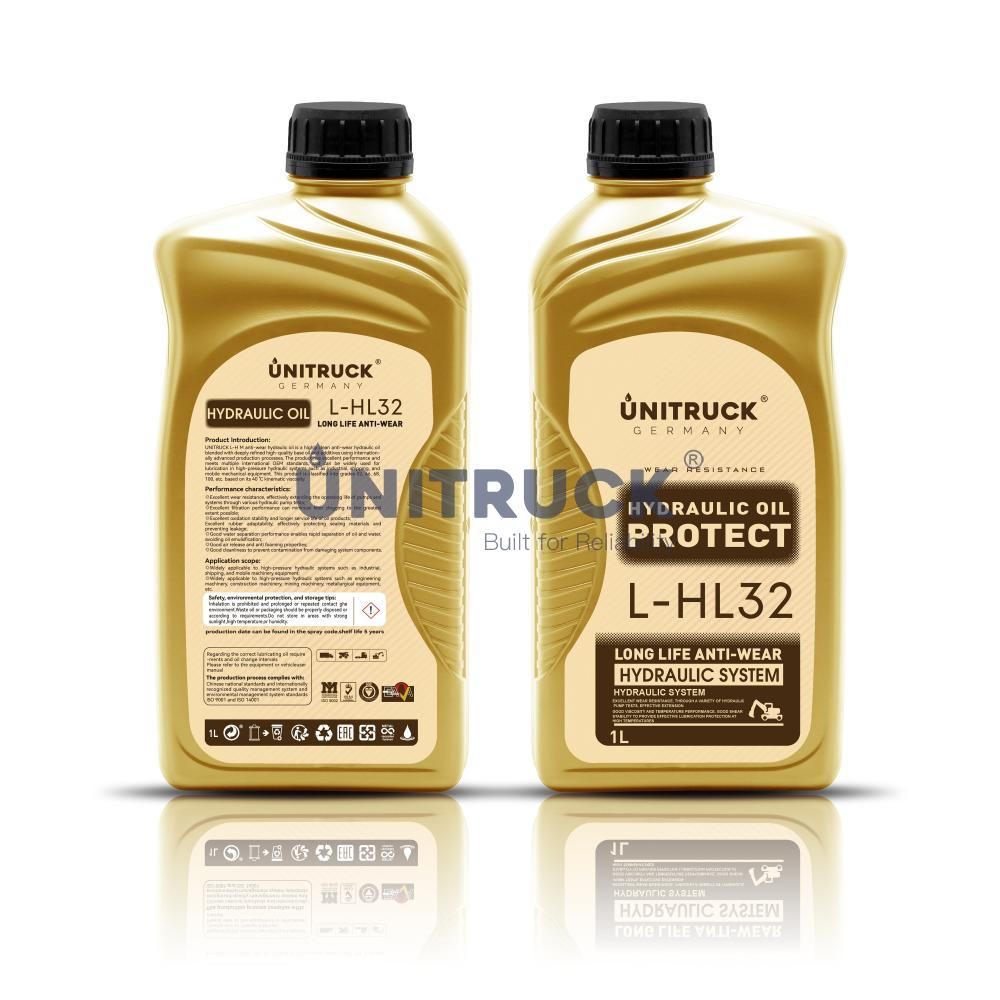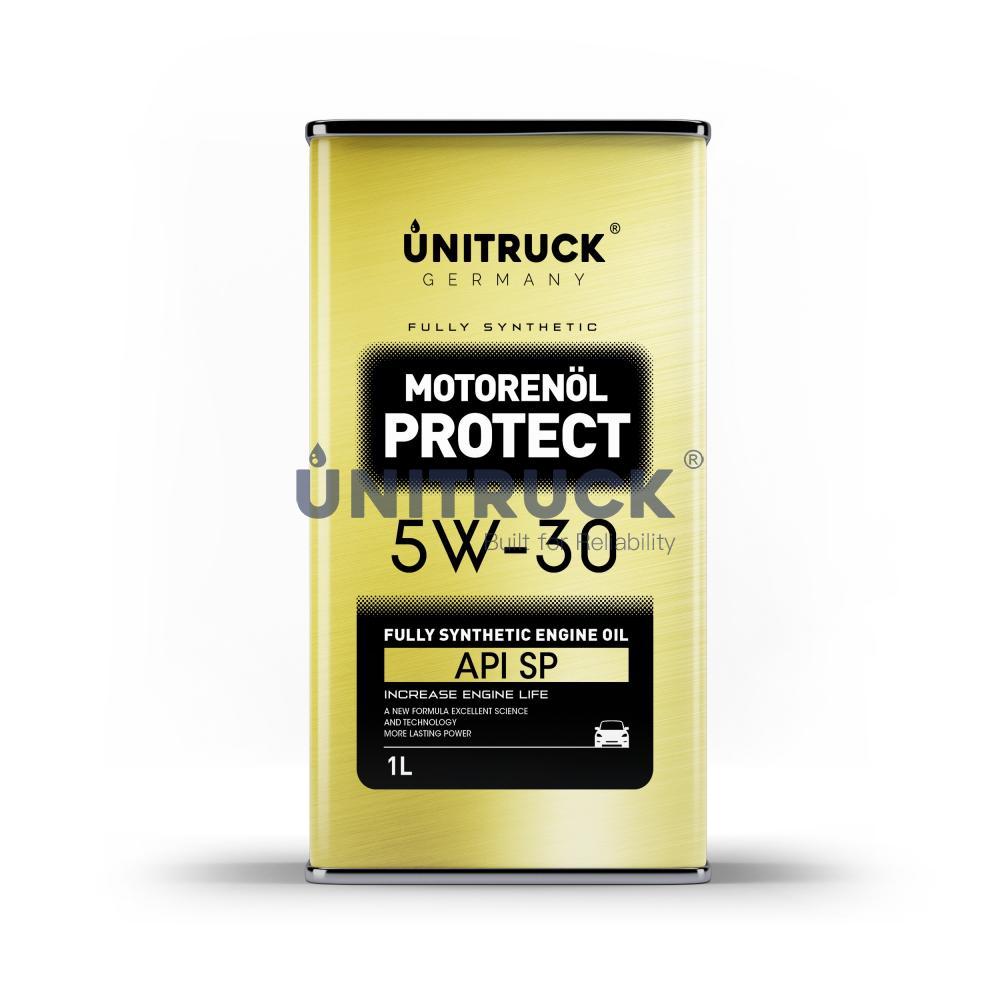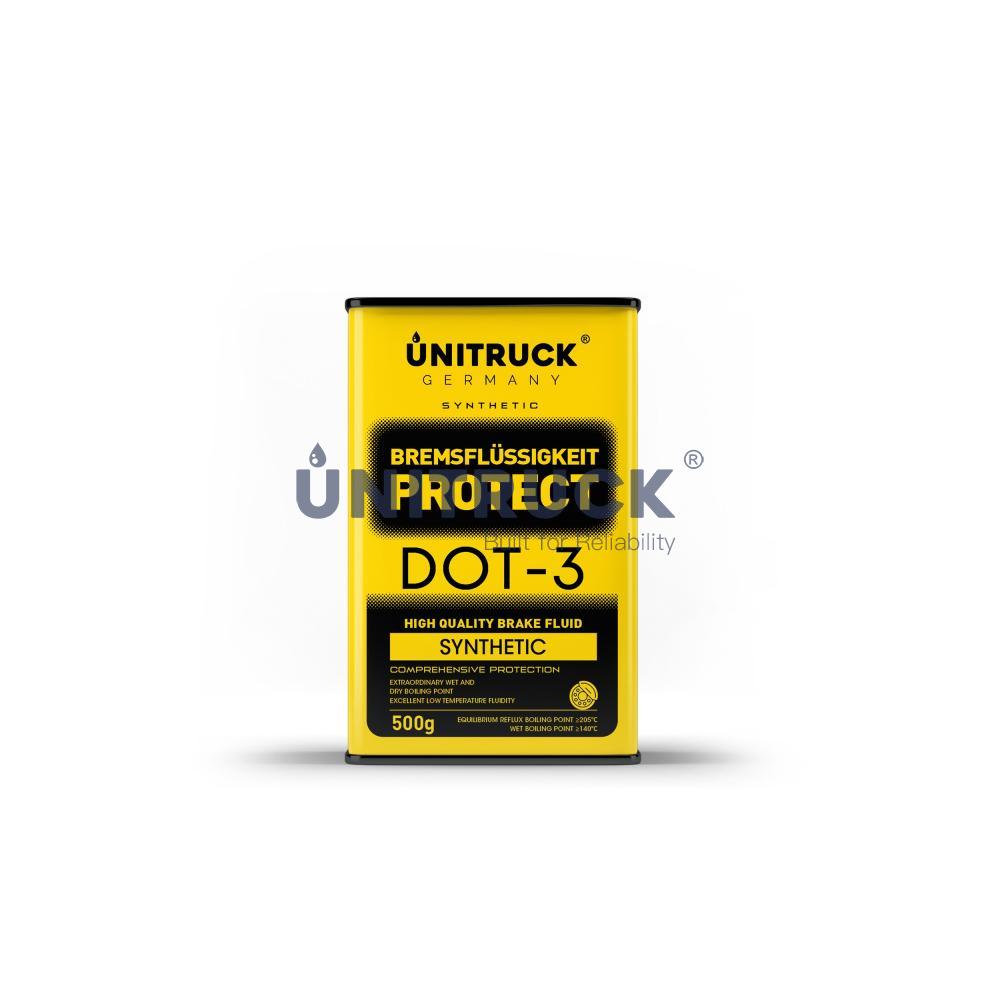Description
The main purpose of coolant is to manage the engine's temperature by transferring heat away from the engine. Here are the key functions of coolant:
-
Heat Transfer: Coolant absorbs the heat produced by the engine and circulates it to the radiator, where the heat is then released into the atmosphere.
-
Preventing Overheating: By maintaining a stable temperature, coolant ensures that the engine does not overheat, which could lead to severe damage like warping or seizing of engine components.
-
Freezing Protection: In colder climates, coolant prevents the engine from freezing by lowering the freezing point of the liquid in the cooling system, ensuring it remains fluid even in freezing temperatures.
-
Corrosion Prevention: Modern coolants contain corrosion inhibitors that protect the metal components in the engine and cooling system from rust and degradation.
-
Lubrication: Coolant helps lubricate the moving parts within the cooling system, such as the water pump, ensuring smooth operation and reducing wear and tear.
